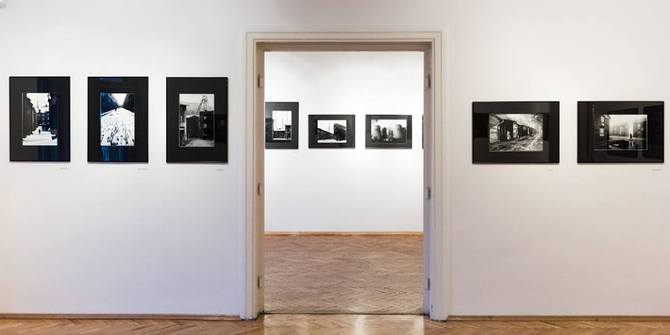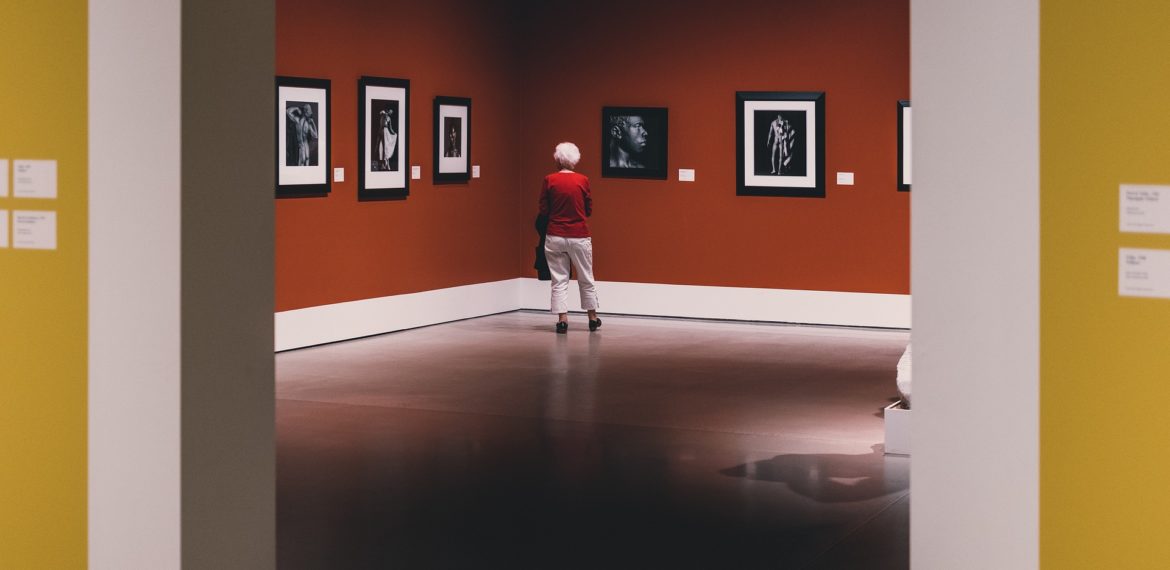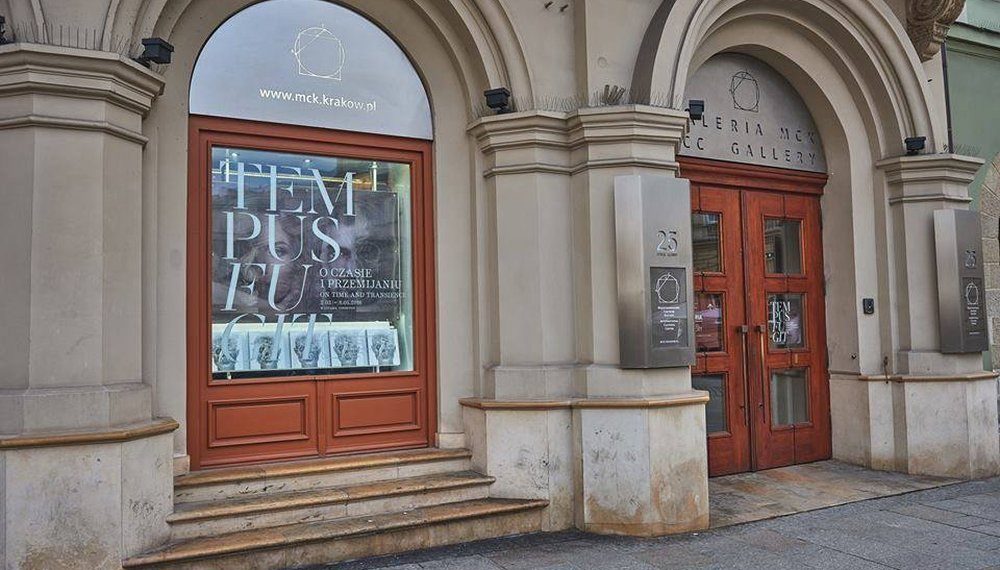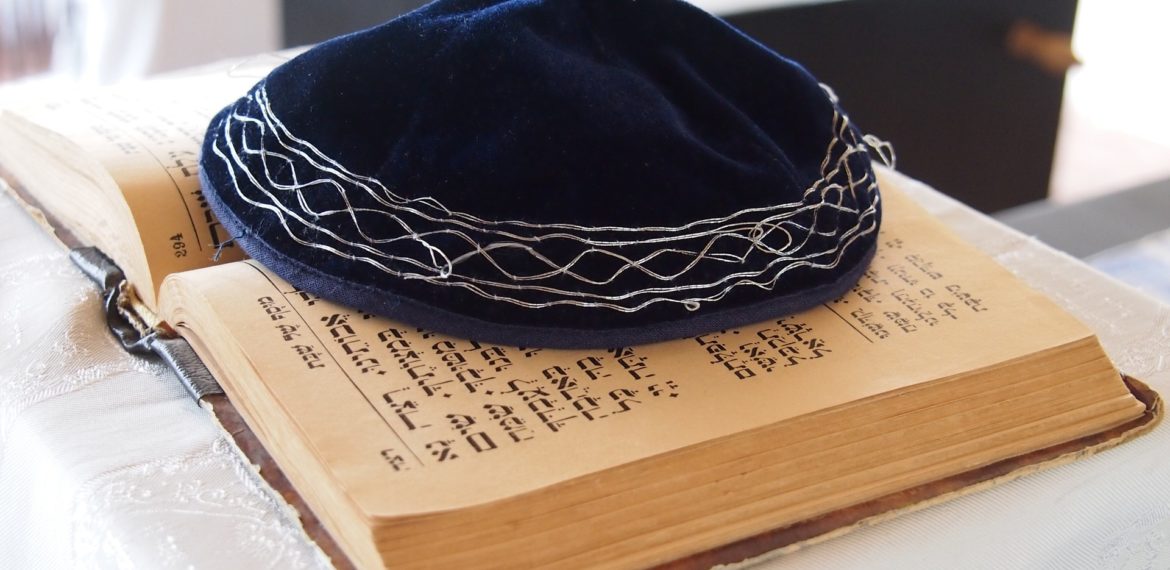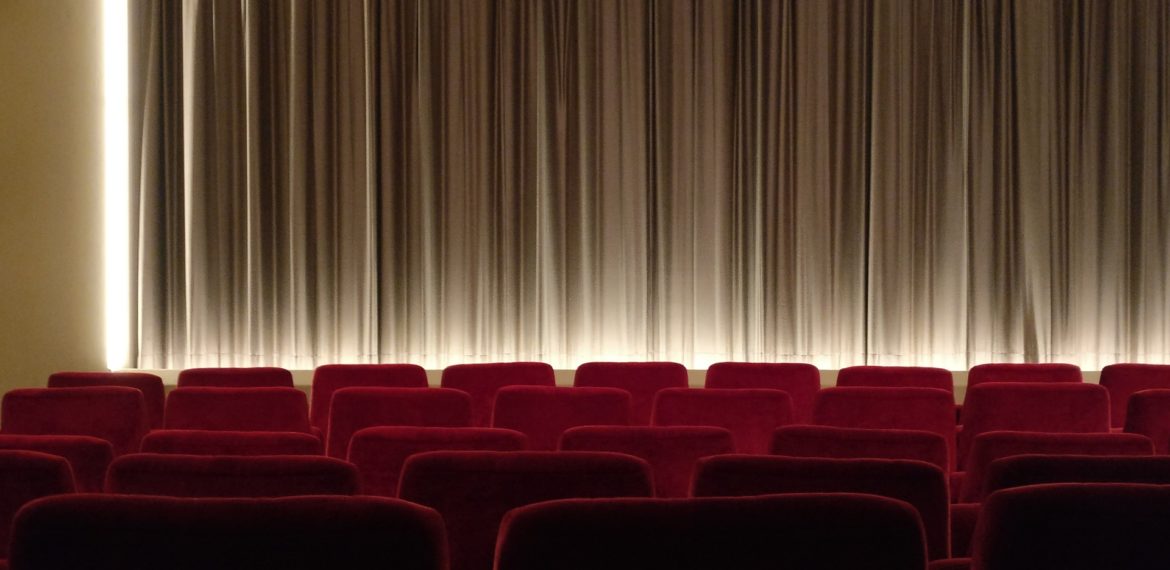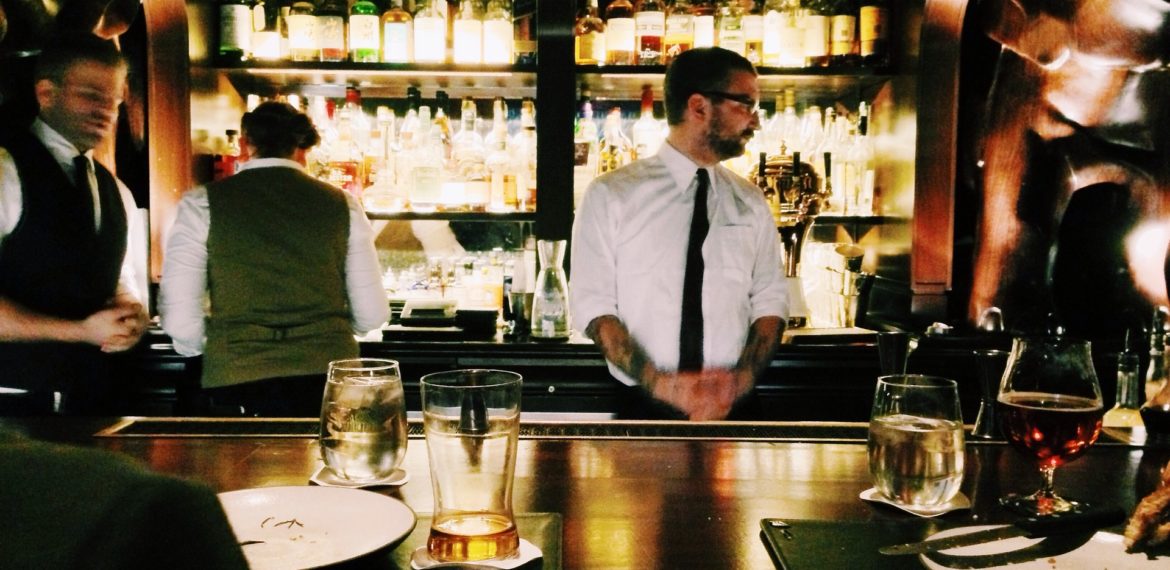Krakow Wiki
Yes, you can take photos in the Auschwitz Museum, but without flash and stands, only for personal use. There are certain areas where taking photos or filming is strictly forbidden: the hall with hairs of victims (Block no. 4) or in Block no. 11. If you want to use a camera
Establishing of the Museum of History of Photography in Krakow back in the 1970s was an initiative of Photographic Society in Krakow. The core of the collection was unique 19th-century negatives of Walery Rzewuski’s photographs. Walery Rzewuski was a Krakow-born photographer and activist of great reputation, whose works are now
In a city so steeped with artistic spirit, it is hardly surprising that many interesting art galleries can be found in Krakow. With such great schools as Jagiellonian University and Academy of Fine Arts, Krakow has produced many prolific artists and art critics. The artistic community enjoys a wide range
International Cultural Center in Krakow is a national cultural institution that conducts research, hosts various educational activities, pursues publishing and organises exhibitions. International Cultural Center promotes an interdisciplinary approach, operates in many fields and combines different points of view in order to share knowledge of cultural heritage in a universal
The Jewish Community Centre of Krakow focuses on ensuring growth and cultural development of the Jewish community in Krakow. Through organising various events and activities, it brings together people of Jewish background as well as those simply interested in Jewish culture, religion and traditions. Regularly the JCC hosts exhibitions, festivals,
Judaica Foundation Judaica Foundation is a leading Jewish cultural centre in Krakow, created in 1991. Its every-day activities are supported by Center for Jewish Culture. Both institutions have headquarters in the 19th-century B’nai Emuna prayer house at 17 Meiselsa Street in the former Jewish district of Kazimierz. The building erected
Annually there are a lot of cultural festivals in Krakow. Holidays in Krakow are always marked with a variety of events from film festivals, to seasonal fairs, to unique regional celebrations. Take a look at our guide to yearly events in Krakow to see what interests you the most. Cultural festivals
When it comes to popular drinks, Poland has a lot to offer. From delicious soft drinks to top of the class alcoholic beverages, Polish drinks are varied and tasty. In Krakow bars, you will find a wide range of quality beer and vodka, which Poland is famous for. If you
Cinemas in Krakow range from small art houses to big multiplex movie theatres, showing everything from box office hits to independent low-budget productions. Krakow cinemas also annually host a number of film festivals and special screenings. The theatres of Krakow are also worthwhile, with internationally esteemed old theatres to modern
